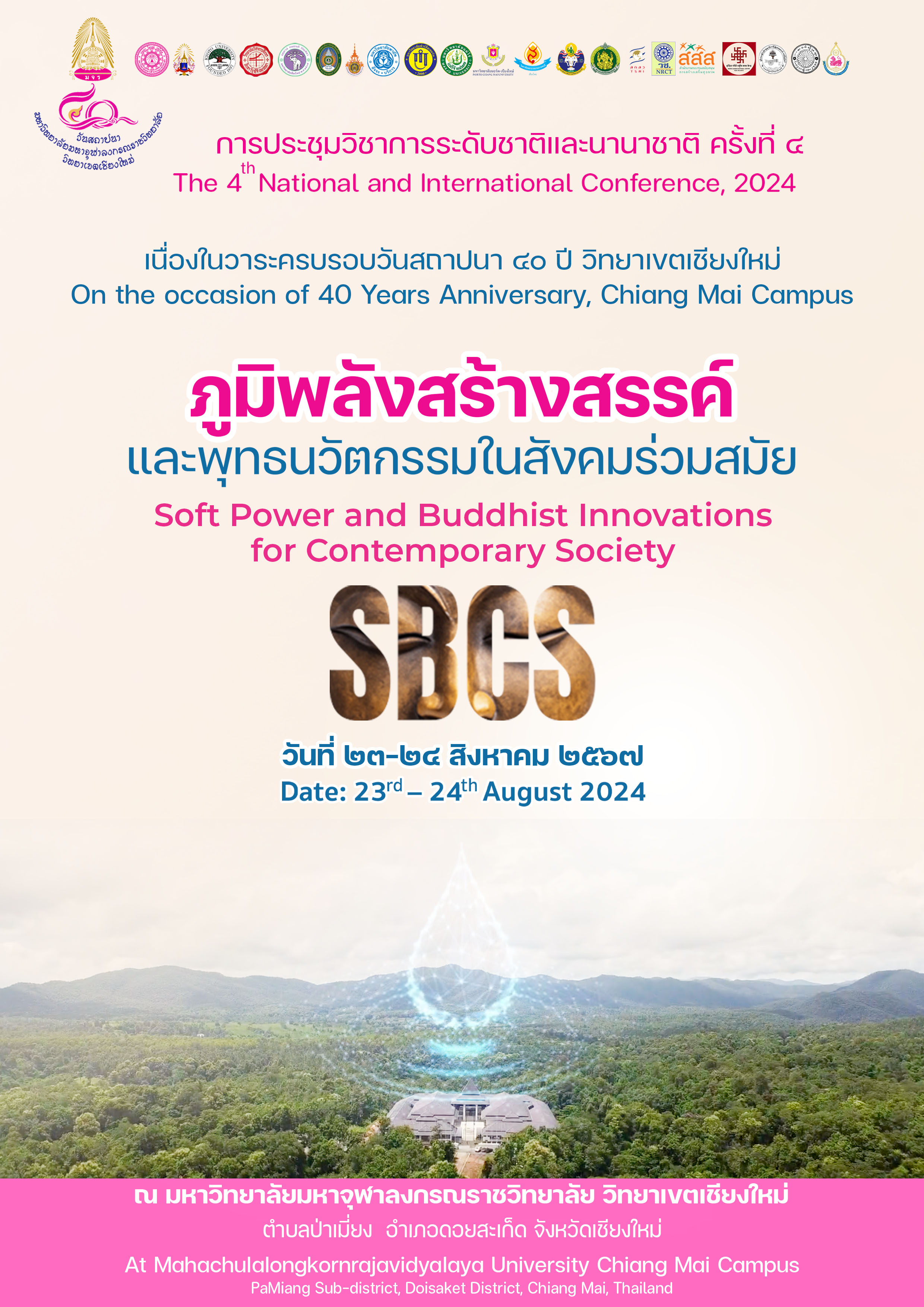Outline of Education Philosophy for Future Global Change
Abstract
The development of an educational philosophy for future global change is essential to prepare students to become active, informed, and compassionate global citizens. This philosophy integrates several key components aimed at equipping students with the knowledge, skills, and values necessary to navigate an increasingly interconnected and complex world. Global Citizenship Education (GCE) fosters cultural awareness, ethical responsibility, and understanding of global challenges, while interdisciplinary learning promotes critical thinking through a holistic approach. Sustainability and environmental education emphasize the importance of sustainable practices and climate change awareness. Technological proficiency is prioritized through digital literacy and ethical use of technology.
Social and emotional learning (SEL) is incorporated to develop empathy, compassion, and mental health awareness, and innovative pedagogy focuses on active and project-based learning. Equity and inclusion are key to ensuring all students have access to an inclusive curriculum and quality education. Lifelong learning encourages adaptability and continuous personal development, while global collaboration enhances international partnerships and multilingual communication. Ethical leadership is cultivated through the development of leadership skills grounded in ethical decision-making.
To implement this educational philosophy, strategies such as curriculum development, teacher training, community involvement, and policy advocacy are crucial. This approach seeks to nurture a generation of learners committed to making a positive, sustainable impact on the global community.

